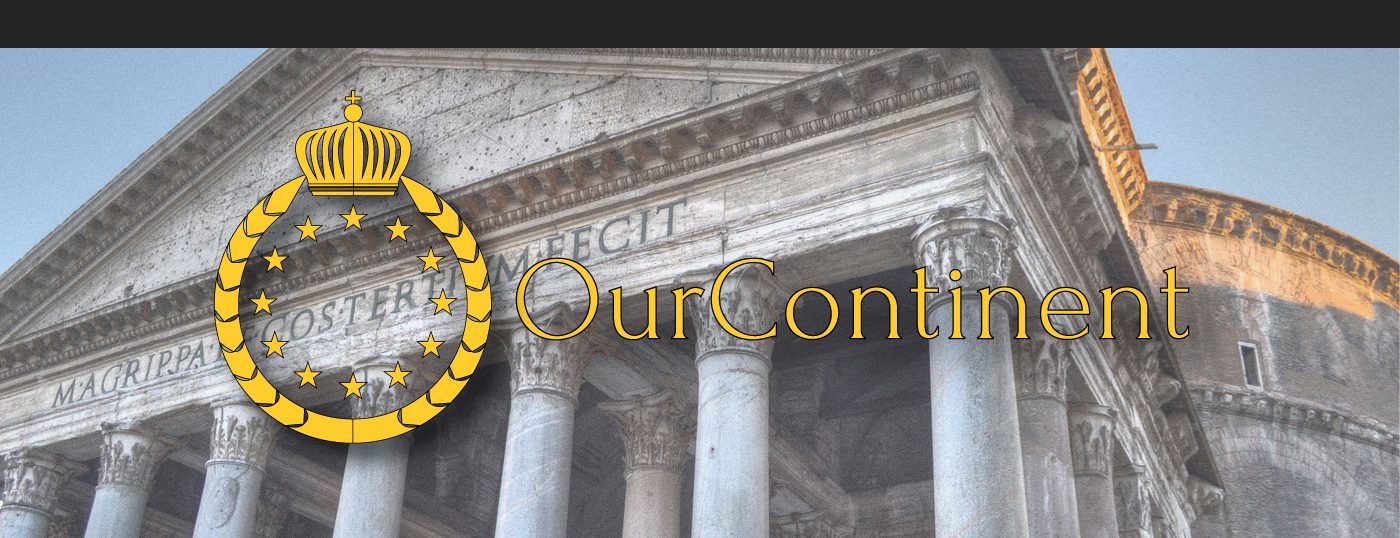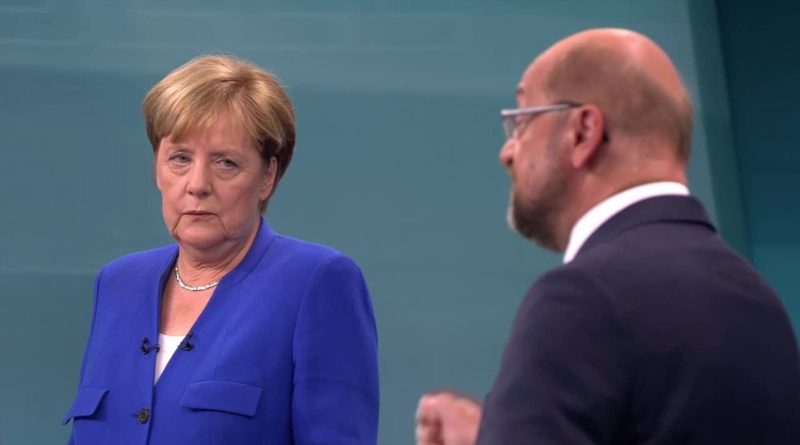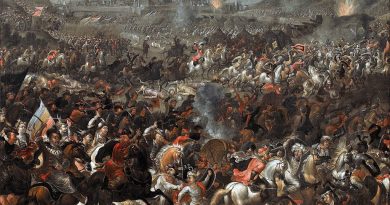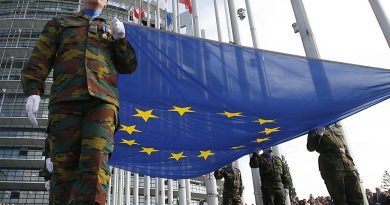Denial and Apathy during Germany’s Elections
The official economic stats on Europe’s largest economy look as good as ever, but Germany has changed, some would say unrecognizably, after more than a decade under Chancellor Angela Merkel. I recently visited several German cities and indeed felt the confusion, the fear and also the anger in the air. Especially the large urban areas bore little resemblance to the easy-going, pleasant Germany I knew from numerous vacation trips in my youth. To be perfectly frank, my surprise was mostly due to the discovery that mass migration from the 3rd world has had a much greater impact on the demographics of the country than I had anticipated.
Some places, like Dortmund or Hannover, appear to have become more than half Middle Eastern; headscarves are all around, and Arabic is heard with almost the same frequency as the German language. Groups of migrant men hang in front of the train station, stroll through the center, or sleep on the grass of the parks. The original population, meanwhile, is clearly not at ease with the situation. Faces full of worry move through the streets, or nostalgically observe, from behind a glass of beer on a terrace, how their city is not the same anymore. The demographic fears are, moreover, enhanced by growing economic inequality, which is linked to Germany’s neo-liberal austerity dogmatism, and one does not have to search far to see its effects. It was particularly shocking to encounter so many homeless older Germans, begging for money and even looking for food in public garbage bins.
More than one million migrants came to Germany in the year 2015 alone, after an open invitation by Chancellor Angela Merkel, without consulting the population or even her political allies at home or in Europe. In fact, warnings from politicians, academics, journalists and ordinary citizens were not simply ignored, but often branded with the stamp of “selfishness”, “xenophobia” or “racism”. Overnight, Merkel had decided that Germany should embrace a so-called welcome culture, and most media outlets uncritically followed this narrative. The mass sexual assaults in Cologne, a terror attack on a Christmas Market in Berlin, and numerous other incidents of unthinkable brutality seem to have done little to change the public discourse. Actually, the imported violence has driven the supporters of Merkel’s “welcome culture” into the realm of denial and irrational belief in which an alleged moral duty to help those in need overwrites any national security concerns. In this worldview, humanitarianism is the highest virtue – not for the people of Germany, but for the world as a whole – a virtue that is personified by Angela Merkel. It is therefore that criticism of Merkel can easily be bent by her supporters as ‘anti-humanitarian’, ‘anti-immigrant’ and ‘far-right’. Given Germany’s brutal history, making such accusations against opponents is politically highly effective.
Despite the terror attacks, the socio-cultural tensions and inequality on display, there are still few Germans who publically dare to go against Merkel. Even Martin Schulz, Merkel’s only real competitor in the September 2017 German elections, has not dared to criticize what many now consider a historic mistake, namely Merkel’s ‘refugee invitation’. In the election debate, the one critical point Schulz could bring up with regards to Germany’s immigration policy, was the fact that Merkel did not coordinate well with other European countries. For the rest, Schulz even tried to ‘out-virtue’ the Chancellor in xenophilia by quoting Islamic poetry and repeating an earlier statement saying: ‘refugees bring to Germany something more valuable than gold’. The Alternative for Germany, or AfD, is the one party that does criticize Merkel on migration, but it is small, plagued by internal division and scandals, and has alleged links with the Kremlin and far right groups abroad. Equally important, the AfD rejects European integration while Germans are among the most pro-EU people one can find.
All this leaves ordinary German voters with a sense of utter powerlessness. A new demographic reality has been forced upon them, sparking new cultural tensions, increasing crime and even bringing along horrors Germans had no longer thought possible in their country. But public criticism of this new reality is still a massive taboo maintained by most media, most politicians and many public institutions like schools and universities. With the choice in the 2017 German elections being between Merkel and Schulz, who differ close to nothing when it comes to immigration, a general sense of apathy has taken hold of Germany. Apparently, Germany’s prominent politicians have learned nothing from the discontent that caused the popularity of both Brexit and Trump in the UK and US. They seem determined to continue on the current path, which will bring enough voters to the voting booth, but will leave many others at home feeling betrayed. Without the prospect of change, Germany’s anger will linger and grow, and I am afraid it might one day come back with a vengeance.





